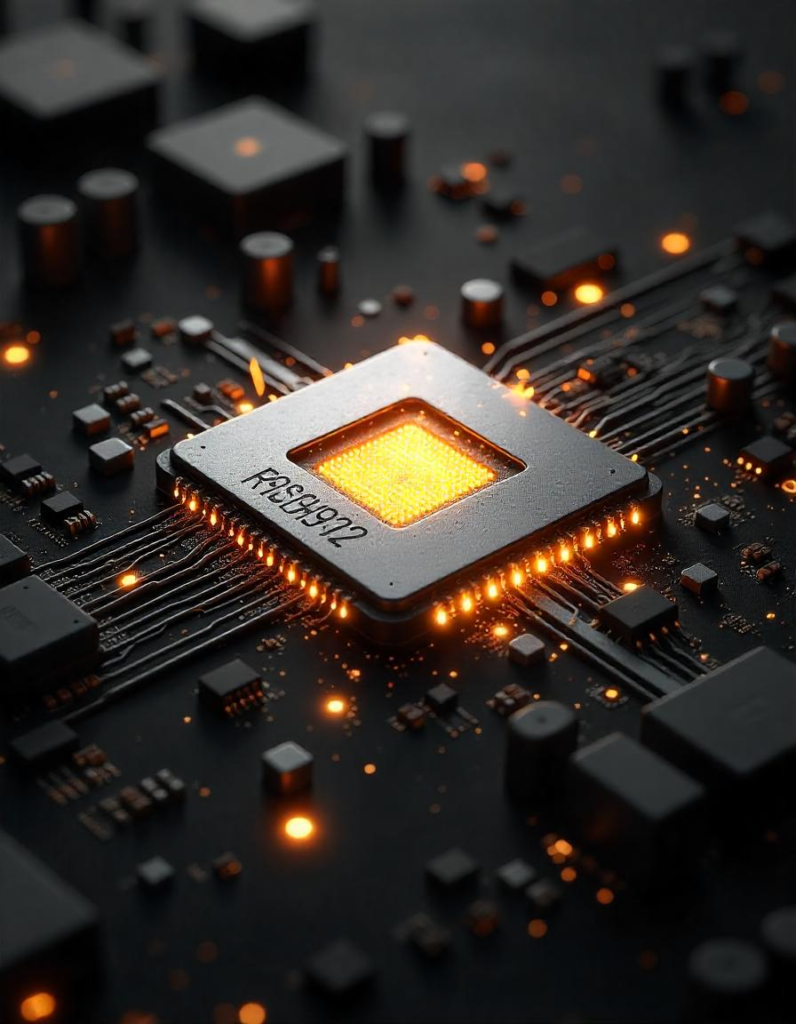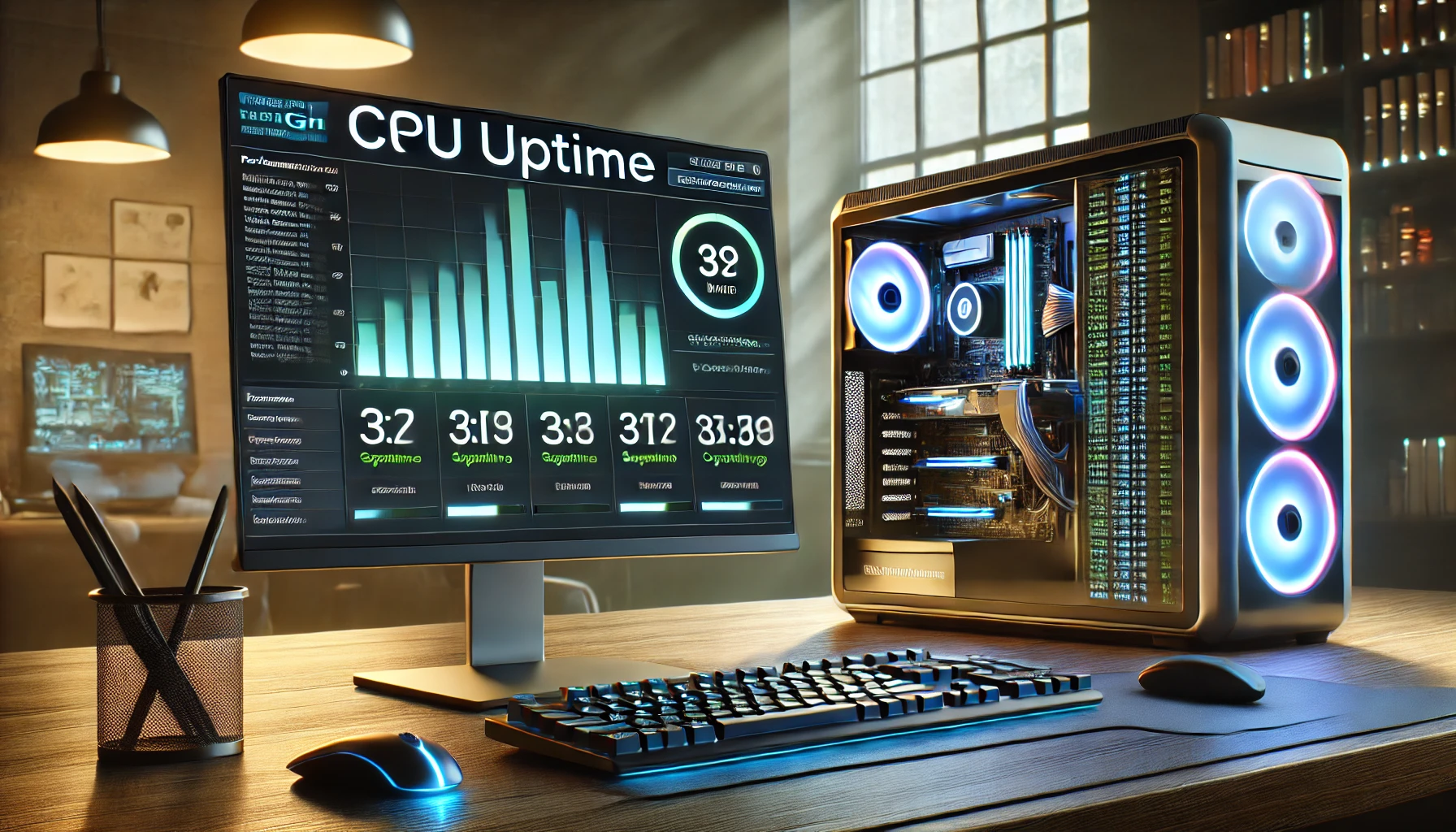Introduction
Ever wondered if your old computer is hiding a tiny fortune? You’re not alone. CPUs—the brains of our computers—contain gold. Yes, real gold! But before you start cracking open your old laptops like a treasure hunter, let’s break down exactly how much gold is in a CPU and whether it’s even worth your time.
Read more about How Much Cooling Paste on CPU
Why Do CPUs Have Gold in the First Place?
The Gold Standard for Electronics
Gold isn’t just for jewelry—it’s one of the best conductors of electricity. Unlike other metals, it doesn’t rust or corrode, making it perfect for delicate electronic components.
Performance and Durability
CPUs handle massive amounts of data at lightning speed, so they need materials that won’t degrade. That’s where gold comes in—it ensures stable, long-term performance, which is why manufacturers keep using it despite its high cost.
How Much Gold is in a CPU?
The Hard Truth
Brace yourself—it’s not as much as you think. On average, a single CPU contains 0.2 to 0.5 grams of gold. That’s barely enough to make a tiny gold ring. Sorry to burst your bubble, but your old laptop isn’t a hidden gold mine.
Are Older CPUs More Valuable?
Absolutely! If you’ve got a vintage CPU from the 1980s or 1990s, you’re in luck. Older processors used thicker gold plating on their pins and connectors. The legendary Pentium Pro from the 90s, for example, contains around 0.33 grams of gold per chip—one of the highest gold contents ever found in a CPU.
Read more about The Best Thermal Paste for CPU
Is It Worth Extracting Gold from CPUs?
The Harsh Reality
Extracting gold from CPUs isn’t as easy as melting down a necklace. It involves hazardous chemicals like aqua regia (a fancy name for a mix of nitric and hydrochloric acids). Not only is this dangerous, but it’s also a major environmental nightmare. Plus, the amount of gold you get is so small that you’d need hundreds of CPUs to make any real money.
Who Actually Profits from CPU Gold Recovery?
Big recycling companies, that’s who. They collect CPUs in bulk, process them safely, and extract gold along with other valuable metals like silver and palladium. For the average person? It’s just not worth the hassle.
Read more about how to stop icue high cpu usage?

What About Other Electronics?
CPUs vs. RAM vs. Motherboards
If you’re thinking of hunting for gold in electronics, don’t stop at CPUs. RAM sticks and motherboards also have gold-plated connectors. In fact, motherboards often contain more gold than CPUs because of their larger surface area.
What’s the Best Device for Gold Recovery?
Old-school electronics! Vintage gadgets like old telecommunications equipment, military-grade hardware, and 1980s computer parts have way more gold than modern devices.
The Environmental Impact of Gold Recovery
E-Waste is a Big Problem
We live in a throwaway society, and e-waste is piling up fast. Recovering gold from CPUs is one way to recycle, but doing it safely is key. Instead of trying DIY gold extraction, consider selling old CPUs to professional recyclers who handle the process responsibly.
The Gold vs. Mining Debate
Extracting gold from CPUs is far better than mining it from the earth, which destroys ecosystems, poisons water sources, and fuels unethical labor practices. Recycling is the future—we just need to do it the right way.
Read more about Best LGA 2011 CPU

FAQs (Because Everyone Asks)
Can I make money scrapping CPUs for gold?
Unless you have thousands of CPUs, nope. You’ll spend more on chemicals and equipment than you’ll make in gold.
Which CPUs have the most gold?
Old-school CPUs like the Pentium Pro, Intel 486, and early AMD chips have the most gold.
Is CPU gold pure?
Not quite. CPU gold is usually 99.99% pure, but it’s bonded to other materials.
Can I see the gold in a CPU?
Sort of. If you open a processor, you’ll see tiny gold-plated pins and connectors—but don’t expect to find a gold nugget in there.
Read more about How to Clean CPU Without Compressed Air
Conclusion: Is Your CPU a Hidden Gold Mine?
Not really. While it’s cool to know there’s gold in CPUs, the actual amount is tiny. If you’re thinking of making money from CPU gold recovery, you’d need to collect a truckload of processors. Instead, consider selling your old CPUs to recyclers—they’ll extract the gold safely and efficiently. The real treasure? Keeping e-waste out of landfills.





One thought on “How Much Gold is in a CPU? (The Shocking Truth About Gold in Processors)”